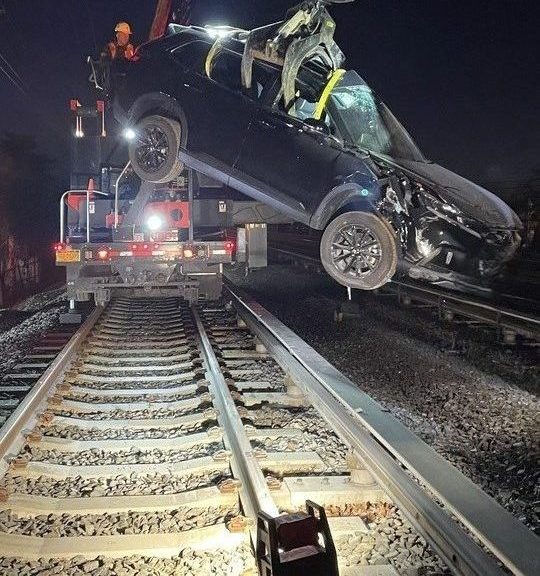That Dog Don’t Hunt
In the South, if you were to make a plan that isn’t particularly sound or useful, you might hear someone utter, “That dog don’t hunt.”
For example, if a husband planned to golf on his wedding anniversary, that’s definitely “a dog that don’t hunt.” His decision to smooth things over by telling his wife he’ll take her along – even more so. If she responds with tickets to a Broadway show on Super Bowl Sunday – well, you get the picture.
In my 10 years as an elected official, first as a mayor, now as a senator, I’ve seen quite a few bad ideas, these proverbial dogs that don’t hunt. The most recent among these was the reported possibility that waste water from hydro-fracking in upstate New York might be processed at treatment plants on Long Island.
If you’re unfamiliar with the issue, hydro-fracking involves injecting water and sand along with chemicals into rock formations at high pressure to fracture the shale and release the natural gas trapped within it. The resulting flow back of liquid slurry is a dangerous mixture of chemicals that could, if not handled properly, contaminate the underground water supplies of nearby communities. The process has not been approved in New York and is currently a source of debate, much of it centering on that liquid slurry.
In fact, in April 2010, the State Department of Environmental Conservation concluded that hydraulic fracturing would not be permitted in the drinking watersheds for New York City. That’s probably one of the reasons why New York City Mayor Michael Bloomberg supports hydro-fracking. His city’s water supplies are already protected.
So the obvious question is why on earth would we accept millions of gallons of that wastewater here at our Long Island treatment plants? Long Island is surrounded by saltwater, so we derive all of our drinking water from groundwater. In fact, Nassau and Suffolk counties depend on a sole source aquifer for drinking water and consume an estimated 375 million gallons of water per day just from this source. Clearly, communities like ours that rely almost exclusively on a single water source can’t afford the possibility of hazardous waste seeping into their supply.
Now, there are certain things I am willing to accept from upstate. More money from Albany in education aid to our schools would be one, additional funding to rebuild our deteriorating roads would be another. Contaminated waste water would not be. That’s why I introduced a bill (S.6583) that would ban the treatment, storage or processing of that drilling fluid as well as any waste resulting from the exploration, development, extraction or production of crude oil or natural gas, in areas that rely on a single water source such as Long Island.
You’ll often see me stress in this column the need for people, especially in government, to listen to each other’s ideas. It’s not just that I’d like to see us return to a more civil discourse, but the fairest solutions to the most difficult problems are usually compromises. And I think it’s safe to say we’ve seen a lot more of that mindset in Albany this past year than we have for a long time.
But there are occasions when some ideas are simply not palpable to me or to my constituents. Those dogs don’t hunt and this is clearly one of them.
When it comes to hydro-fracking, my philosophy is simple: we can’t let economics trump environmental safety. I hope you’ll agree that protecting our water supplies is job one and that this bill merits your support.






























